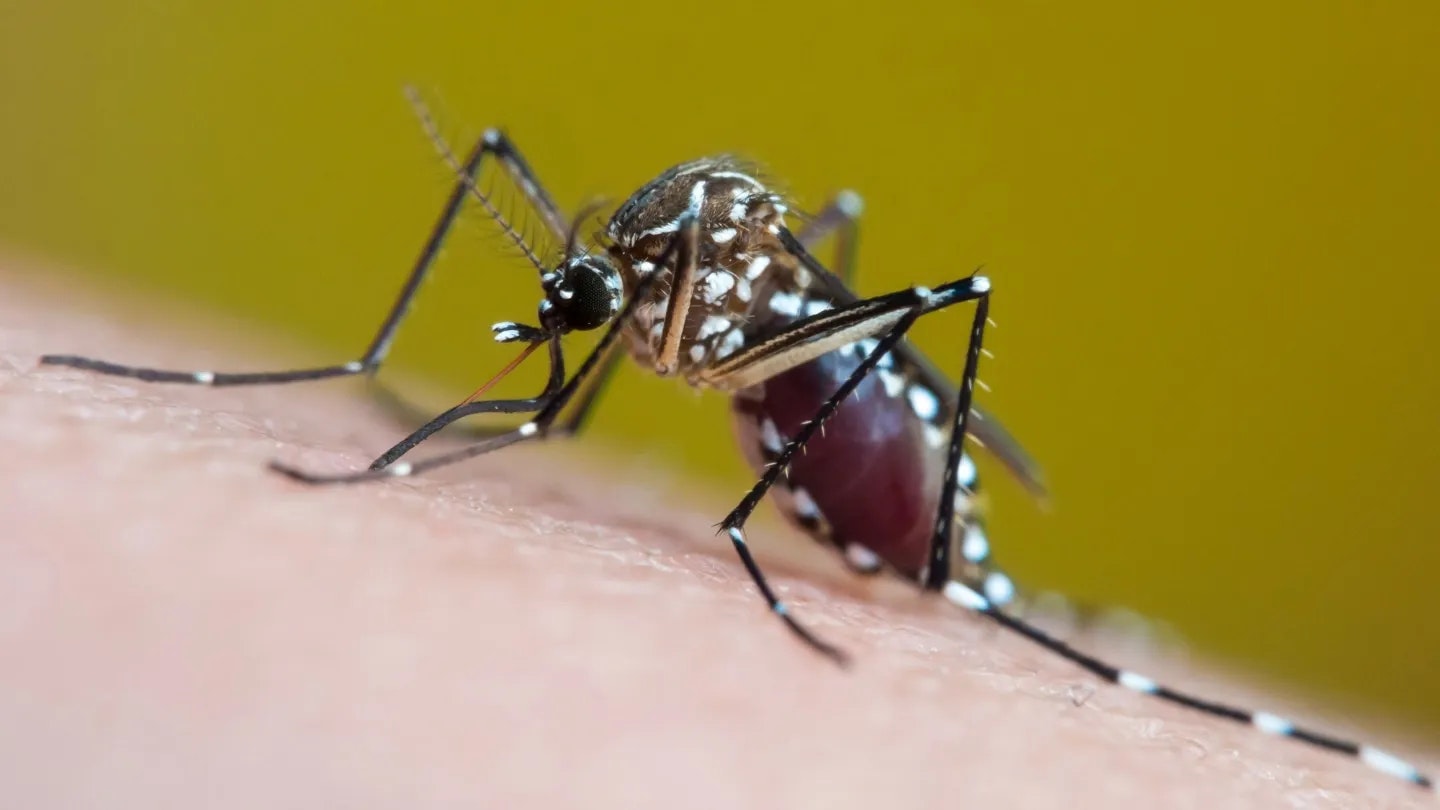Dengue Fever Hits LA: A Warning Sign of Global Warming’s Impact on Health

As Southern California battles record-breaking heatwaves and wildfires, public health officials have reported the third locally acquired case of dengue fever in the Los Angeles area. This development underscores a troubling connection between global warming and the spread of mosquito-borne diseases.
Rising temperatures have expanded the habitat of mosquitoes, particularly the Aedes species, which thrive in warm climates and can carry diseases like dengue, Zika, and West Nile virus. In a region like Southern California, where summers are becoming hotter and lasting longer, these mosquitoes are finding a more hospitable environment.
Experts warn that the increase in local dengue cases is a sign of how climate change is affecting public health. As Kimberly Shriner, MD, from Huntington Health, explains, “Warmer weather means more standing water, creating perfect breeding grounds for mosquitoes. Without cold winters to kill off eggs and larvae, we’re seeing more Aedes mosquitoes, which can spread dengue.”
The situation is compounded by increased global travel, as travelers may unknowingly bring the virus back to Southern California, where local mosquitoes can then transmit it to others.
Dengue fever, also known as “breakbone fever,” can range from mild symptoms to severe cases that require intensive care. The disease often starts with high fever and severe muscle pain and may be accompanied by a red rash and gastrointestinal symptoms. Repeated infections can be particularly dangerous, leading to severe complications such as hemorrhaging.
While Southern California has not yet seen sustained dengue transmission, the recent cases suggest that the region could be on the brink of a more significant public health challenge. As Michael Ben-Aderet, MD, from Cedars-Sinai warns, “The sporadic infections we’re seeing indicate the potential for dengue to become endemic in LA.”
This situation serves as a stark reminder that we live in an interconnected world where climate change is increasingly influencing health outcomes. The emergence of dengue in Los Angeles is a “canary in the coal mine,” signaling the need for urgent action to address climate change and its health impacts.
To protect yourself and your community, take proactive steps: use EPA-approved insect repellent, eliminate standing water around your home, and ensure your screens are in good condition. Stay informed and prepared as we face the health challenges posed by a warming planet.
For more information, visit publichealth.lacounty.gov/acd/VectorDengue.htm.
Stay safe, stay vigilant, and remember that our health is closely tied to the health of our environment.
